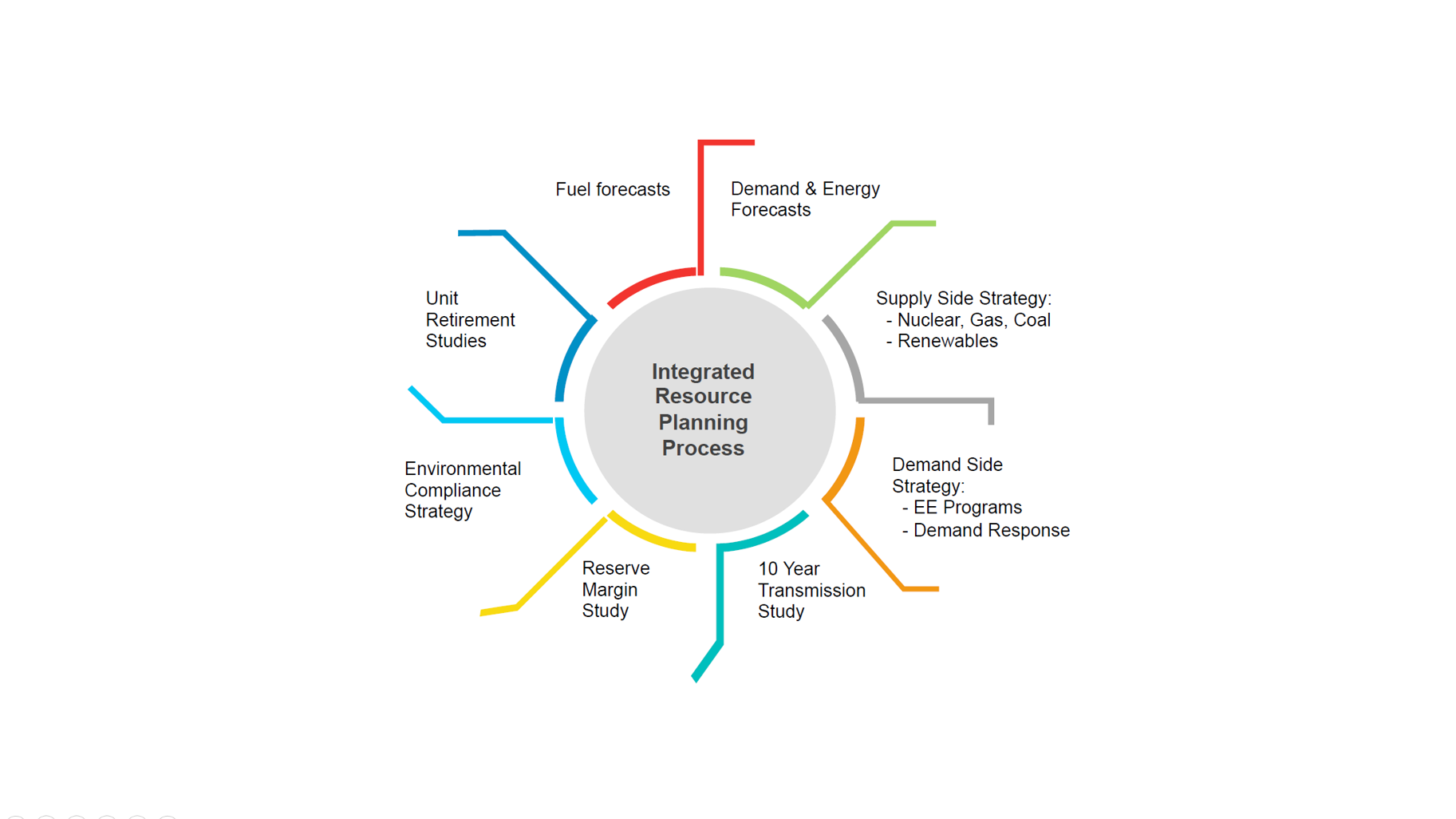Georgia Power Company is allowed to be a monopoly profit-seeking corporation that passes through its business risk to customers
Yet its CEO is paid $5 million per year and the Company rakes in a Return on Equity that is 50% over the market rate — all of which is consistently authorized by the state public service commission
Meanwhile, skyrocketing electricity bills in Georgia speak for themselves
Georgia Power Company's average Residential electricity bill is up $46 (29%) since just before Vogtle 3&4 and a large 100% Fuel Cost Pass-Through
In Georgia, the average residential customer (typically a household) uses 1,080 kWh of electricity per month

Making the Case for the
Consumers Utility Counsel
The Georgia Public Service Commission’s Executive Director stated that there isn’t a need to re-establish an Office of the Consumers Utility Counsel since there is currently a PSC public interest advocacy staff that represents residential, small commercial and industrial groups in utility cases.
The public interest advocacy staff, which is employed by the PSC, will cross examine witnesses, have its own expert witnesses testify in cases and make recommendations to the PSC on behalf of customers.
Creating the new utility consumer advocate would be a duplication of what already exists, according to the GA PSC.
The truth is that residential electricity rates have risen 68% since Georgia Power Company released its 2007 Integrated Resource Plan advocating for Vogtle units 3&4. In that same time, industrial customers’ rates have only risen 28% — that is because they have representation before the Commission that is not available to residential customers, leading to strong cost shifting onto under-represented residential customers of Georgia Power Company.
Meanwhile, Georgia Conservation Voters lobbyist Doug Teper said the consumer utility council once played an important role in representing the public in cases that affected their pocketbooks.
“For example, if you were a major industrial group, you would pay a different rate per kilowatt hour than residential does,” Teper said at the committee hearing. “Each group would quite often have one of the top Atlanta law firms to go cut a deal. It was very important that residents had somebody who was representing their interests.”
Georgia Power Company convinced regulators and their project partners that Vogtle Units 3&4 would be built on budget ($14 billion) and on schedule despite the example of Vogtle Units 1&2 that were $5 billion over budget and 5 years behind schedule. Vogtle Units 3&4 are now expected to cost $36 billion (including financing costs but not yet including $2 billion for decommissioning costs) and begin operations 8 years behind schedule. If the dollars spent on Vogtle Units 3&4 had been used for solar, even at the very high cost of solar in 2009, Georgians would have already saved $2.5 billion in fuel costs through 2023. Instead, each Georgia Power Company residential customer has paid $1,000 before the first kWh of electricity was generated at Vogtle Units 3&4. --- Click the image for more information on Vogtle Units 3&4.
Georgia Power Company management has continuously made the decision for decades, which they reaffirm every three years in the Integrated Resource Plan, to burn coal for power generation. The company has actively elected to operate coal plants despite full knowledge that the coal plants are not economic to operate and create massive carcinogenic toxic waste. As a result, Georgia Power Company is responsible for the creation of 92 million tons of coal ash that they are asking to leave in Georgia waters. Moreover Georgia Power Company is now asking for permission from regulators to shift the $9 billion (and growing) cleanup cost onto Georgia ratepayers. --- Click the image for more information on Georgia Power Company's coal ash.
Georgia Power’s monopoly power - Examples in real time
In 2022, Georgia Power Company et al. denied a group of public interest advocates from a rehearing on the Southeast Energy Exchange Market, which will bring mediocre benefits to Georgia Power customers compared to a Regional Transmission Organization. In 2021, Georgia Power argued that an Avoided Cost docket could go forward, changing the remuneration scheme for a developer in midstream. In 2021 and many years prior, Georgia Power has denied financial information to fiscal watchdogs providing independent oversight of the Vogtle construction project, the costs for which are expected to reach $35 billion (vs. the promised $14 billion). Many more examples are generated in real time at the link below.
-
Fossil Gas is a Poor Investment
Georgia Power Company is asking to build new fossil gas capacity to replace retiring coal capacity, meet a possible increase in load, and backstop intermittent renewables. However, new fossil gas capacity, even if capable of burning green hydrogen, will become a stranded asset before the investment is recovered. New fossil gas capacity is not needed for reliability, is more expensive than solar, and is not in alignment with ratepayers’ interests.
-
Georgia Power Company's Integrated Resource Plan
The Integrated Resource Plan process and methodology that Georgia Power Company uses must evolve together with the grid as new technologies and new market participants drive change. In order for the IRP process to effectively deliver economic, environmental, and other benefits to Georgia and its customers, Georgia Power Company must account for the social cost of carbon, must ascribe and remunerate full value to customer-sided Distributed Energy Resources and allow free access, and must take into account the will of the people of Georgia, which is overwhelmingly for renewable energy. Georgia Power Company has consistently failed to develop an optimized IRP that effectively delivers economic, environmental and other benefits to Georgia and ratepayers.






